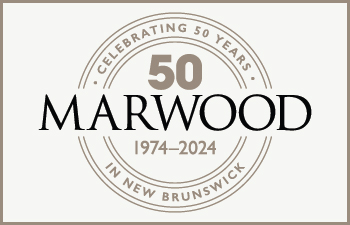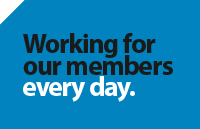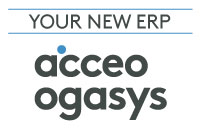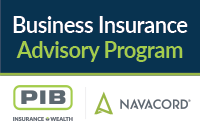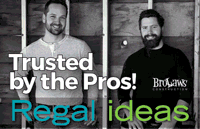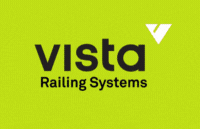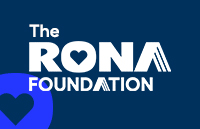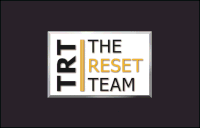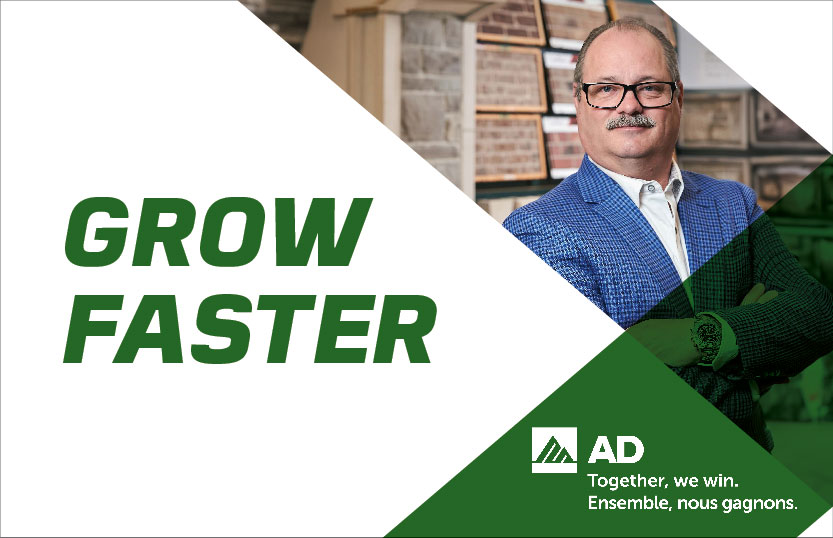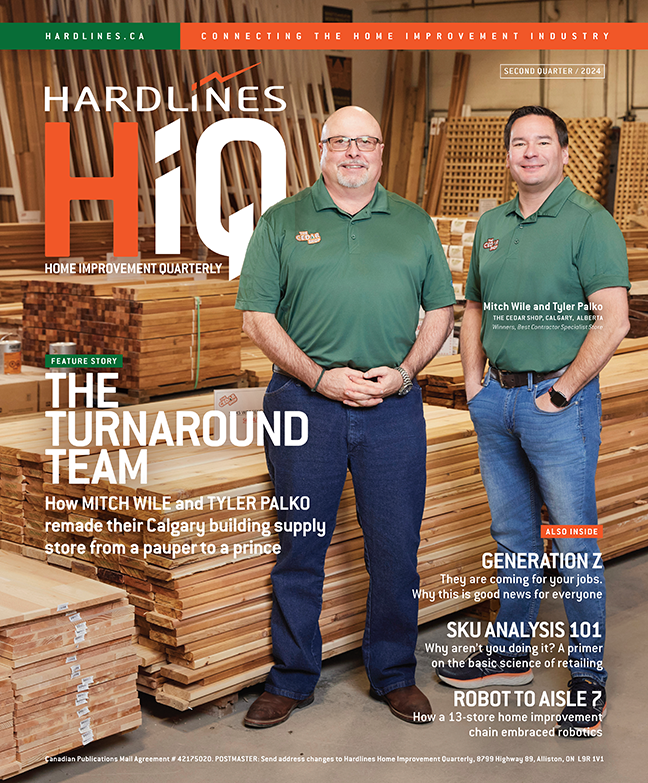Nicole Gallucci is an entrepreneur, transformational and performance coach, and professor. She has developed the Life Blueprint, a process that provides a holistic, actionable plan for building a life that integrates an individual’s dreams, goals, and values. She works extensively with young people, mentoring and preparing them to enter the workforce. This month, we continue our conversation with Gallucci about how to help nurture a new generation of workers, including why being physically in the office can benefit their career development.
“A big challenge coming out of Covid is that there’s great autonomy in working from home,” says Nicole Gallucci. People can work their 40-hour work week and be highly productive, “but the challenge is there’s not the collaboration. There’s not the learning, there’s not the mentoring, there’s not the hallway conversation that is the quick solve for a problem.”
In a previous generation, there was “management by walking around” and learning at the water cooler to share conversation and ideas, something that is lost with a new generation working from home.
“They’re missing the collaboration, but they don’t really know the value of it because they haven’t experienced it,” Gallucci says. “They don’t understand, ‘how’s that actually going to serve me?’ so it’s really tough when we say, ‘you have to come into the office,’ then they see only a handful of people are also there and they feel like it’s a waste of time—and they’re not wrong.”
It may require a leader to mandate certain days when everyone, or even certain teams, will be in at the same time, so they can interact in a meaningful and beneficial way.
“I do think there needs to be a balance,” Gallucci adds. “It’s one thing to want to be typing from a beach seven days a week and post online, but that’s not the reality.”
She encourages leaders to have the conversation with the team and ask them, “How are we going to do this?” The staff need to see the value of coming together, “but they have to come to that realization on their own.”
“They have to say, ‘I get why it’s important for me to come into the office and know what I’ll get out of it personally.’”
This creates a challenge for management to focus on each worker personally. “When we focus on the individual, they are going to be a bigger contributor and more committed to the company, and we’ve always said that. That hasn’t changed.”
The new generation of workers is very mindful and aware, she says. That puts the onus on the employer to prove even more aggressively than in the past the value of working together, tracking goals both personal and professional.
Common challenges working with young people include helping them establish a personal vision, then creating a path to achieve that vision. That includes modifying expectations. “It’s one thing to say you want it, but it’s another thing to have the step-by-step path, plus the discipline and the commitment to get it,” Gallucci notes.
Young people have to understand that, mindfulness aside, there’s still hard work ahead. “We have to put one foot in front of the other every day, but we’re going to get there.”














